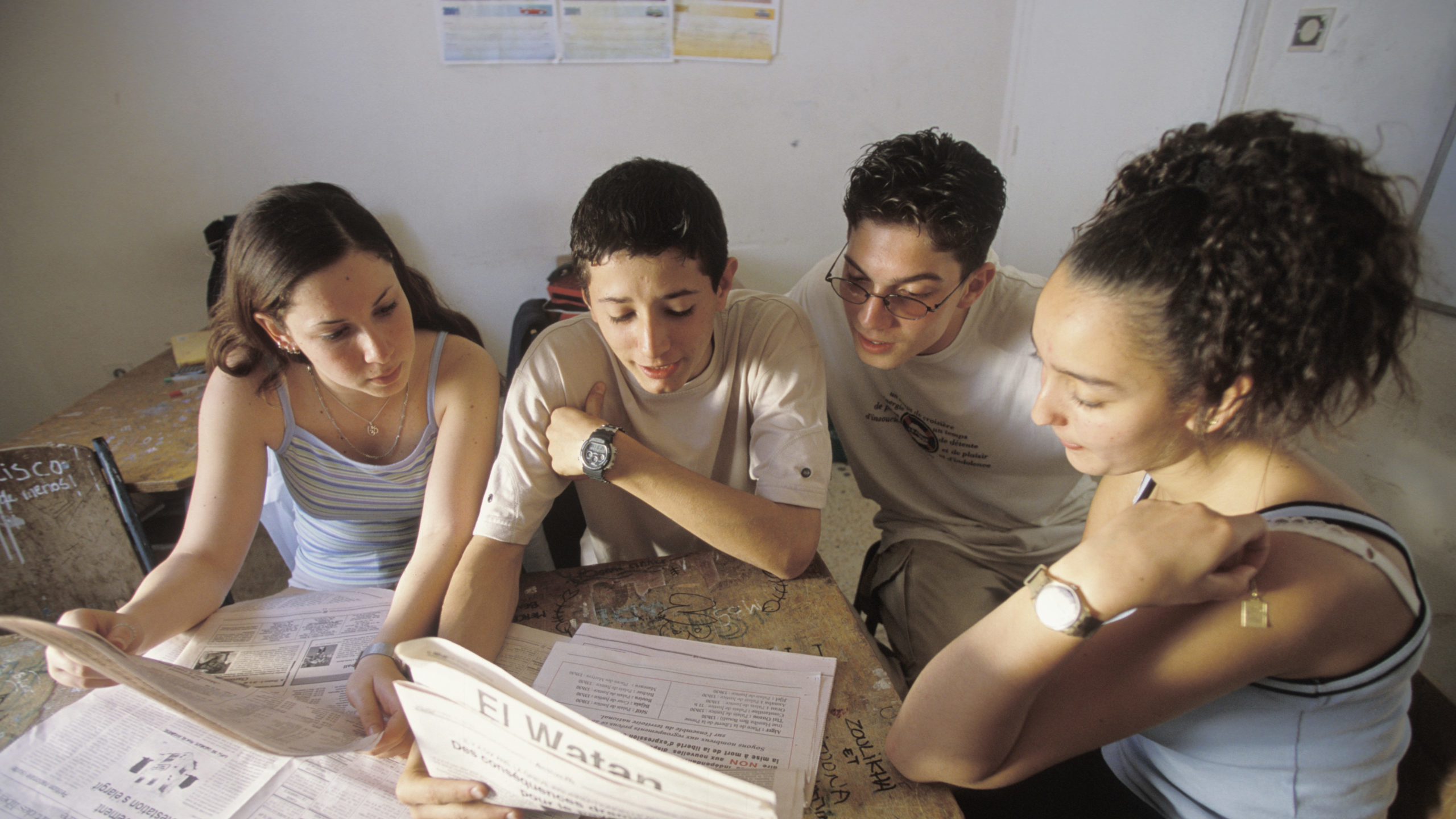resource
This research report explores children’s accounts of everyday violence in Ethiopia, and the ways in which factors at individual, family, community, institutional and society levels affect children’s experiences of violence. The report primarily draws on analysis of four rounds of longitudinal qualitative data gathered over seven years, complemented with analysis of cross-sectional survey data from Young Lives. After a brief description of the policy context and literature review, the paper describes the study then presents findings from the survey and qualitative research, exploring home, schools, communities, differences by age and gender, and children’s responses to violence.
Violence affecting children – mostly physical punishment and emotional abuse – is widespread, accepted, and normalised. Differing economic activities affect family dynamics and the likelihood of children experiencing violence, which is often linked to the challenges of poverty and the expectation that children will contribute to the household economy. The report adds to knowledge about the nature and experiences of violence affecting children in resource-poor settings, and concludes with some suggestions for policies, programming and practice.






